90,000৳
An ECG machine consists of a central unit and a set of electrodes. The central unit amplifies the electrical signals from the heart and records them on a paper strip or a digital display.
The ECG tracing shows the heart’s electrical activity in the form of waves. The waves represent the different stages of the heart’s pumping cycle. A cardiologist can interpret the ECG tracing to look for signs of heart disease, such as arrhythmias (irregular heartbeats), heart attacks, and heart failure.
ECG machines are used in hospitals, clinics, and doctor’s offices. Portable ECG machines are available for home use.
ECG machines are an important tool for diagnosing and monitoring heart conditions. They are a safe, painless, and reliable way to assess the electrical activity of the heart.
An ECG (electrocardiogram) machine is a medical device used to measure and record the electrical activity of the heart. It is a valuable tool in diagnosing and monitoring various heart conditions.
ECG machines are primarily used to assess the electrical impulses generated by the heart as it contracts and relaxes. By placing electrodes on the patient’s chest, limbs, or specific locations, the machine detects and records these electrical signals.
The ECG machine consists of several components. The electrodes are connected to an amplifier, which amplifies the weak electrical signals. The amplified signals are then displayed on a screen or printed on paper as a visual representation called an electrocardiogram.
Medical professionals, such as cardiologists, analyze the ECG results to evaluate the heart’s rhythm, rate, and any abnormalities. The ECG can help identify conditions like arrhythmias (irregular heart rhythms), myocardial infarctions (heart attacks), ischemia (lack of blood flow to the heart), and other cardiac abnormalities.
ECG machines can range from simple handheld devices to more advanced systems. Portable ECG machines are often used in ambulances or for home monitoring, while larger machines are found in hospitals and clinics. Some machines offer additional features like 24-hour Holter monitoring or stress testing capabilities.
ECG machines use different lead configurations to record the heart’s electrical activity from specific angles. Commonly used lead systems include the 12-lead ECG, which provides a comprehensive assessment of the heart’s electrical activity from different angles.
ECG machines have seen technological advancements over the years. Modern machines often incorporate digital displays, computer connectivity, and software for enhanced analysis and storage of ECG data. Some machines also offer wireless capabilities, enabling real-time transmission of data to healthcare professionals.
While ECG machines are valuable diagnostic tools, they have limitations. They primarily provide information about the heart’s electrical activity and not its structure. Other imaging techniques like echocardiography or cardiac MRI may be necessary for a comprehensive evaluation.
It’s important to note that while I can provide general information, consulting with a medical professional is always recommended for specific medical advice or concerns related to ECG machines.

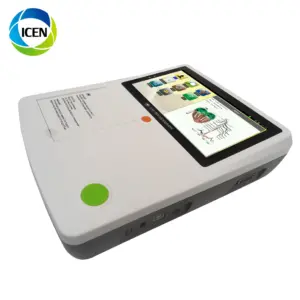
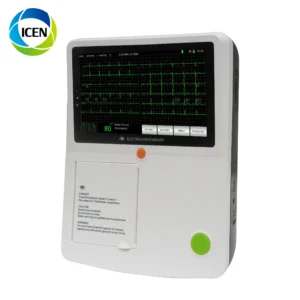
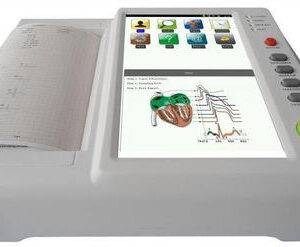
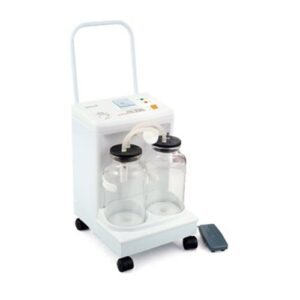

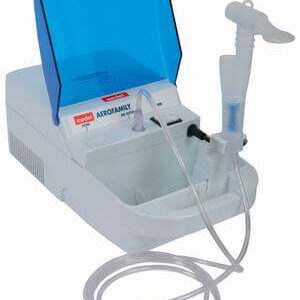
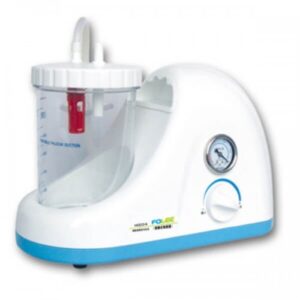



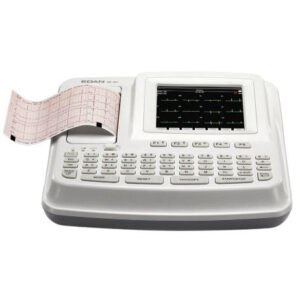
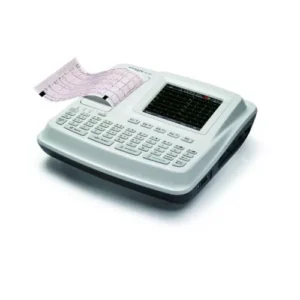
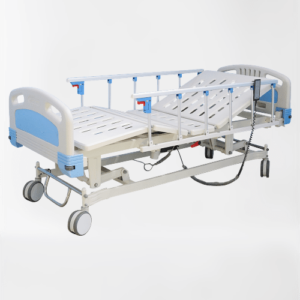
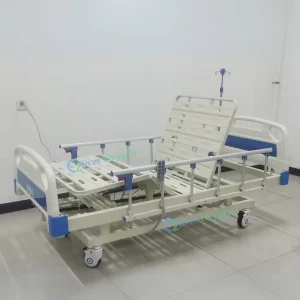
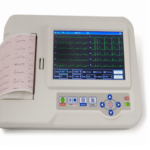
Reviews
There are no reviews yet.